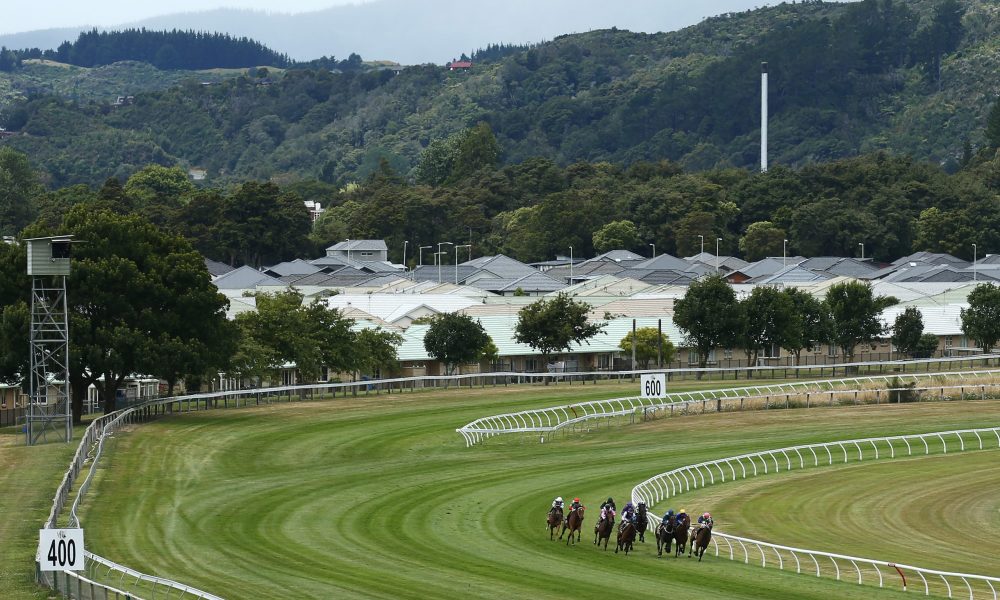Draft racing calendar released

New Zealand Thoroughbred Racing (NZTR) has released a proposed calendar for August through to early November to give owners, trainers and racing participants some certainty for the next six months.
This follows the Racing Industry Transition Agency (RITA) announcement for consultation of the revised racing calendar for the balance of the 2019/20 racing year earlier yesterday, which included the month of July for thoroughbred racing.
“We acknowledge that the situation in the national fight against Covid-19 is changing rapidly, and accordingly final decisions about the programme of racing for August-November will be made by early July,” NZTR said in a statement.
“We are targeting a return to racing from July 1 as long as we can do this safely and in accordance with the strict Government and public health obligations.
“The proposed calendar (which can be found here https://loveracing.nz/OnHorseFiles/Downloads/NZTR_Proposed-Calendar_2020-21_FINAL.pdf) remains subject to final approval by the RITA Dates Committee, following the usual consultation processes.
“We can’t confirm industry funding or stakes levels until we get more information from RITA on its 20/21 budget.
“We felt it was important that the industry get some draft racing dates so we can start getting horses ready for racing.
“These are extreme circumstances and it is a difficult time for everyone in racing. Every Club, every venue, every trainer and every owner has been impacted in some significant form.”
Key aspects of the proposed calendar through to early November:
- Only six venues will be used in July.
- Venues chosen for the July racing return have been selected based on:
- proximity to the horse population; and
- commercially material cost savings for RITA by racing at tracks with broadcast transmission by low cost fibre rather than expensive satellite uplink.
- Revised Jumps racing programme only in the North Island
- Revised Group & Listed programme
- The number of meetings and venues used builds up as the calendar progresses into the new season
- Dates have been allocated on the assumption travel, and attendance, will be limited due to a Covid-19 alert level restriction.
NZTR said the focus for the August through November period has been on allocation of meetings by venue.
“We reiterate that every Club has a role to play in the future of NZ racing and allocation of licences to Clubs will be considered as part of the consultation phase for 20/21,” NZTR said.
“These are incredibly challenging times and we must focus on what is best for thoroughbred racing and what will get the most horses back racing as quickly as possible.
“In working up the proposed calendar 55 trainers have been contacted, and then deeper discussions have been held with trainer representatives, the Pattern and Jumps Committees, club administrators and NZTR personnel.
“All those who worked on the calendar have had to step away from tradition, consider the future of the industry, and structure a calendar to fit this new environment.
“It’s a complex piece of work to deliver a cohesive spring calendar which will allow trainers and owners to plan campaigns for their horses.”
One major change to spring racing is that the New Zealand 1,000 Guineas (Gr 1, 1600m) and New Zealand 2,000 Guineas (Gr 1, 1600m) could be transferred north for next season.
“We would like to acknowledge those Clubs which could be adversely impacted, including the Canterbury JC,” NZTR said.
“While retaining their three-day NZ Cup Meeting, it is proposed in the indicative calendar that the Guineas races could be transferred North for the 20/21 season only, depending on the NZTR Board’s assessment of the position in early July.
“Looking beyond the resume racing phase, the NZTR Board is now focussed on a piece of work where we will move to reshape the industry’s future, but this has only just begun.”
